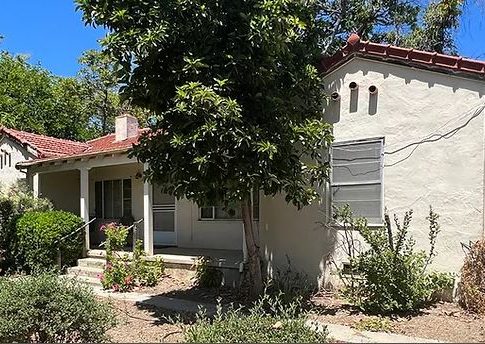A new report by the Asian Real Estate Association of America (AAREA), a national non-profit organization focused on closing the housing gap in the AANHPI community, revealed that Asian Americans, Native Hawaiians and Pacific Islander groups have lower rates of homeownership than “equal earning non-Hispanic Whites and comparable to those of Black and Hispanic communities,” Real Trends reports.
The study comes from the organization’s annual 2023 State of Asia America survey, which provides disaggregated data outlining homeownership shifts and indicators that can provide specific insights into different subgroups within the AANHPI community.
According to the released findings, different ethnic groups are migrating and expanding to more rural regions for homes. The AANHPI population increased a little over 40 percent in the Midwest and 25 percent in the Southern states.
Causes for migrating within these communities range from the high costs of living in major cities to the steady increase of work-from-home jobs, reports Real Trends. All of these contribute to more AANHPI groups being “mortgage ready,” a process where homeowners can be approved for a mortgage by meeting criteria like having a credit score of 661 or higher. However, a 2021 report surveying how AAPI groups are mortgage ready showed that compared to Whites, AAPIs had higher overall credit scores yet, the loan denial rate of AAPI borrowers was higher than White borrowers.
Anti-Asian hate and discrimination continues to also greatly affect homeownership; According to the AAREA survey, 70 percent of recent AAPI homeowners say “personal safety/security” was a significant deciding factor in their move. Low-cost areas like the south can leave many already established AAPI homeowners vulnerable to anti-Asian sentiments due to different state legislations. States like Texas, which was among the top states in the south to gain new AANHPI residents, tried to push a discriminatory bill that would ban all Chinese citizens from becoming homeowners and purchasing properties in Texas.
LATEST STORIES
“Their fear is: ’I just got my green card. I can’t buy property anymore … Renting is not as great as the freedom of owning your own house,’” Chinese American activist Ling Luo said in an interview with NBC.
Affordability is also a prominent barrier to AANHPI members buying a home. According to National CAPACD, 37 percent of low-to-moderate income AAPIs are less likely to own a home than 53 percent of Whites of the same income group.
Many real estate professionals in AAREA are keen to address the housing inequalities AANHPI’s face and hope that by focusing on three key areas—language access, alternative credit, and increasing diversity and inclusion—they can meet the needs of both old and new AAPI homeowners, RISMedia reports.
“The same entities that can support growth in AAPI homeownership can mutually benefit with vast financial opportunities made available with this rapidly-growing demographic,” former AAREA president Tom Troung told RISMedia. “I hope this report inspires greater partnership, so we may continue our mission of supporting greater AAPI representation through greater homeownership and increased quality of life.”
AsAmNews is published by the non-profit, Asian American Media Inc. Make a tax-deductible donation of at least $40 or pledge a monthly recurring donation of at least $10 by August 31 and receive a free copy of The Legend of Mu Lan: Heroine of Ancient China, the inspiration for the classic Disney movie. We are supported in part by funding provided by the State of California, administered by the California State Library in partnership with the California Department of Social Services and the California Commission on Asian and Pacific Islander American Affairs as part of the Stop the Hate program. To report a hate incident or hate crime and get support, go to CA vs Hate.









